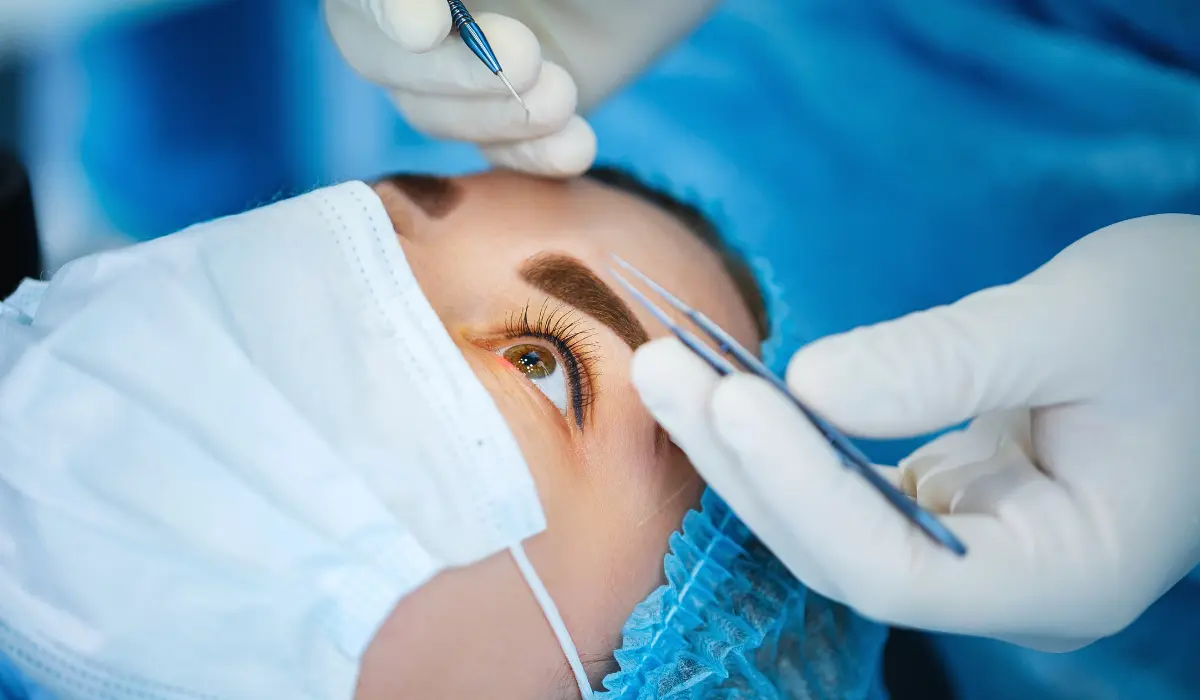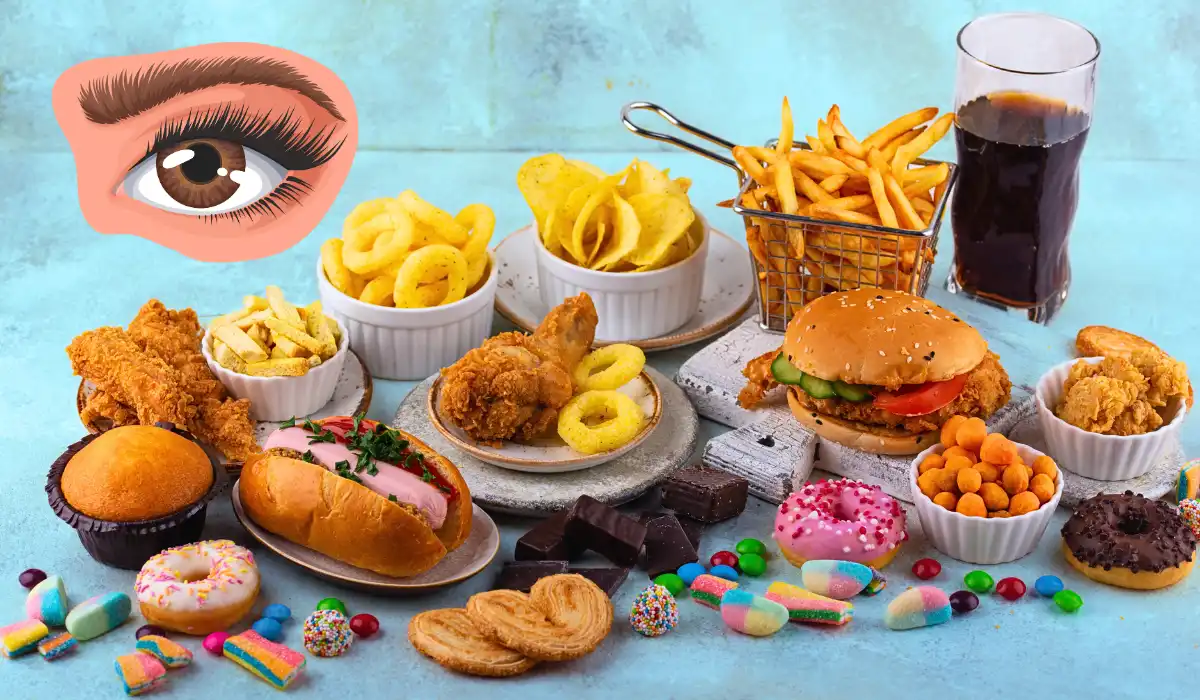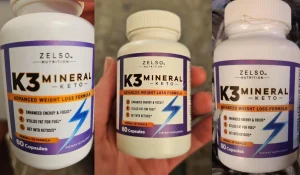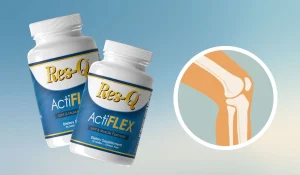Cataract surgery is a common procedure that helps restore clear vision by removing the cloudy lens from the eye and replacing it with an artificial intraocular lens. While the surgery itself is relatively straightforward, the recovery process is crucial for achieving optimal results and preventing complications.
One important aspect of post-operative care is maintaining a healthy diet. Certain foods can hinder the healing process or even cause complications, so it’s essential to be mindful of what you eat during this time.
Key Takeaways
- Post-operative care after cataract surgery is crucial for optimal healing and vision restoration.
- Avoiding certain foods like salty processed foods, spicy dishes, caffeine, and high-fat foods can aid in the recovery process.
- Incorporating nutrient-rich foods such as leafy greens, citrus fruits, fatty fish, and whole grains can support tissue repair and overall eye health.
What Is Cataract Surgery?
Cataracts are a common eye condition that occurs when the natural lens of the eye becomes cloudy or opaque, causing blurred or distorted vision. This can make it difficult to perform daily activities and can even lead to blindness if left untreated.

Cataract surgery entails the removal of the cloudy lens, and replacing it with an artificial intraocular lens (IOL) to restore clear vision.
After the surgery, it’s important to follow your doctor’s instructions carefully and maintain a healthy diet to support the healing process. Proper nutrition can help reduce inflammation, promote tissue repair, and minimize the risk of infections or other complications.
Importance Of Post-Operative Care
Following your doctor’s instructions after cataract surgery is crucial for a successful recovery. This includes taking any prescribed medications, attending follow-up appointments, and adhering to post-operative care guidelines. One aspect of post-operative care that is often overlooked is the role of nutrition in promoting healing and reducing the risk of complications.
Consuming the right foods can provide the necessary nutrients to support tissue repair and boost the immune system while avoiding certain foods can help prevent inflammation, infection, or other issues that could hinder the recovery process.
Foods To Avoid
After cataract surgery, it’s important to be mindful of the foods you consume. Certain foods can have a negative impact on the healing process or interact with medications prescribed for post-operative care. Here are some foods to avoid during the recovery period:
Salty And Processed Foods
Consuming excessive amounts of salt and processed foods after cataract surgery can lead to fluid retention and increased blood pressure, which can interfere with healing. These foods often contain high levels of sodium, preservatives, and additives that can strain the body’s systems and hinder the recovery process.
Instead of reaching for salty chips, cured meats, or canned soups, opt for fresh, whole foods that are low in sodium. Prepare meals at home using natural herbs and spices for flavor, and choose low-sodium or sodium-free alternatives when possible.
Spicy And Acidic Foods
Spicy and acidic foods can cause discomfort, irritation, or even inflammation in the eyes during the recovery period after cataract surgery. Capsaicin, the compound that gives spicy foods their heat, can be particularly irritating to the eyes. Acidic foods like citrus fruits, tomatoes, and vinegar-based dressings can also cause stinging or burning sensations in the eyes.
While you recover, it’s best to avoid spicy dishes, hot sauces, and acidic foods. Instead, opt for milder flavors and consider using herbs and spices like basil, oregano, or cumin to add depth to your meals without the heat or acidity.
Caffeine And Alcohol
Caffeine and alcohol are both substances that can interfere with the healing process after cataract surgery. It can disrupt sleep patterns and contribute to dehydration, which can slow down recovery. Alcohol, on the other hand, can thin the blood and increase the risk of bleeding or bruising around the eye area.
During the recovery period, it’s best to limit or avoid caffeine and alcohol altogether. Instead, opt for hydrating beverages like water, herbal teas, or infused waters. These drinks can help flush out toxins and keep you properly hydrated, which is essential for healing.
High-Fat and Fried Foods
High-fat and fried foods can contribute to inflammation in the body, which can hinder the healing process after cataract surgery. These foods are also often difficult to digest, placing additional strain on the body’s systems during a time when it needs to focus on healing.
Instead of indulging in fried foods, greasy burgers, or high-fat dairy products, opt for lean proteins, whole grains, and fresh fruits and vegetables. Baking, grilling, or steaming your meals can help you avoid excess fat and promote a healthier recovery.
Importance Of Hydration And Nutrient-Rich Foods
Staying hydrated and consuming nutrient-rich foods are crucial for promoting healing and supporting overall eye health during the recovery period after cataract surgery.
Proper hydration helps to flush out toxins and deliver essential nutrients to the cells involved in the healing process. Aim to drink plenty of water, herbal teas, and beverages rich in electrolytes like coconut water or low-sodium broths.
Additionally, incorporating nutrient-rich foods into your diet can provide the necessary vitamins and minerals for optimal healing. Foods rich in vitamins A, C, and E, as well as zinc and omega-3 fatty acids, can help promote eye health and support the body’s natural healing processes.
Some examples of nutrient-rich foods to include in your post-operative diet include:
- Spinach and kale
- Citrus fruits like oranges and grapefruits
- Berries such as blueberries and raspberries
- Fatty fish like salmon and mackerel
- Nuts and seeds like almonds and chia seeds
- Whole grains such as quinoa and brown rice
Conclusion
Cataract surgery is a common and effective procedure that can restore clear vision, but proper post-operative care is essential for a successful recovery. Maintaining a healthy diet and avoiding certain foods can help promote healing, reduce inflammation, and minimize the risk of complications.
By steering clear of salty and processed foods, spicy and acidic dishes, caffeine and alcohol, and high-fat and fried foods, you can create an environment that supports tissue repair and overall eye health. Remember to stay hydrated and incorporate nutrient-rich foods like leafy greens, citrus fruits, berries, fatty fish, nuts, and whole grains to provide your body with the essential vitamins, minerals, and nutrients it needs to heal.
If you have any specific dietary concerns or questions, be sure to consult with your eye care professional or a registered dietitian for personalized guidance. With the right post-operative care, including a well-balanced and mindful diet, you can optimize your recovery and enjoy the benefits of improved vision after cataract surgery.







